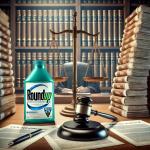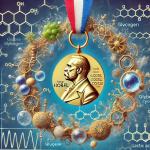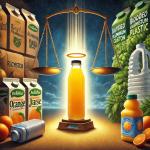As a vascular surgeon, I prescribed a lot of gabapentin for nerve-related pain in my patients with diabetes (neuropathic pain). It helped some, not others and there was little in the way of alternatives.
Other Science News
This past July 24, Judge Michael Lee ruled on the carcinogenicity of RoundUp in a class action involving over 20,000 plaintiffs.
Banning phones in schools? Good or bad? I’m a boomer, so I vote yes.
Even as Marie Curie and her husband Pierre and their daughter Irène and her husband Frederic Joliot-Curie were awarded joint Nobel Prizes, Gerty and Carl Cori were discouraged from working together.
As a physician and former government regulator who had to make difficult and sometimes momentous decisions, I've often pondered the moral and historical implications of those events, which, despite the horrific loss of life, arguably prevented an
Does our future lie with nuclear energy? While the standard narrative is to downplay its value and prioritize other renewables, there is an argument to be made for nucs – for lives saved.
Let’s take a break from the scientific studies considering the nutritional values and health implications of our food and begin with a question about the container; after all, packaging makes up 28% of our landfills, and in addition to its p
I recently joined Lars Larson to discuss the pressing concerns surrounding President Joe Biden's cognitive abilities and the implications for his presidency.
I am not a fan of United Healthcare. It was an insurance bully when I was in practice, and it has grown to become a financial juggernaut in the healthcare space.
Democrats are concerned about climate change, Republicans not so much. But why does Texas have more green energy than California?












